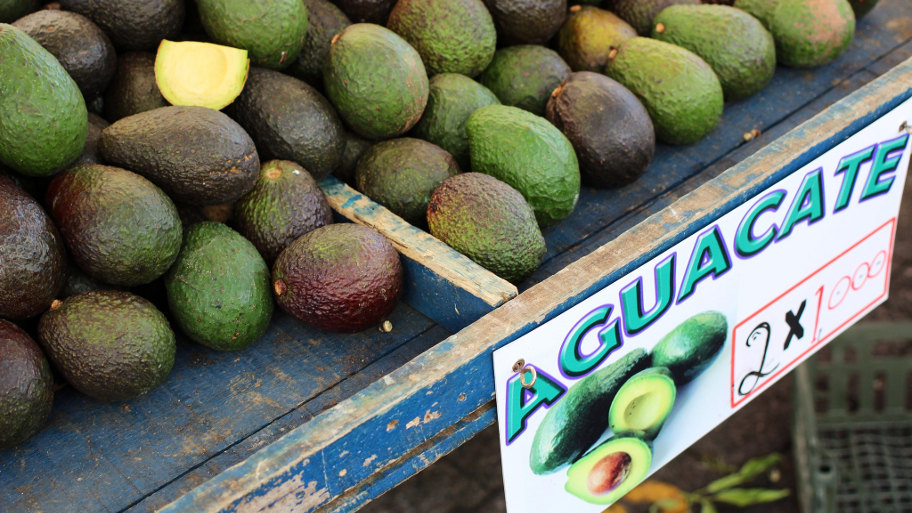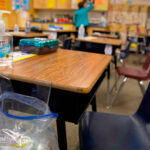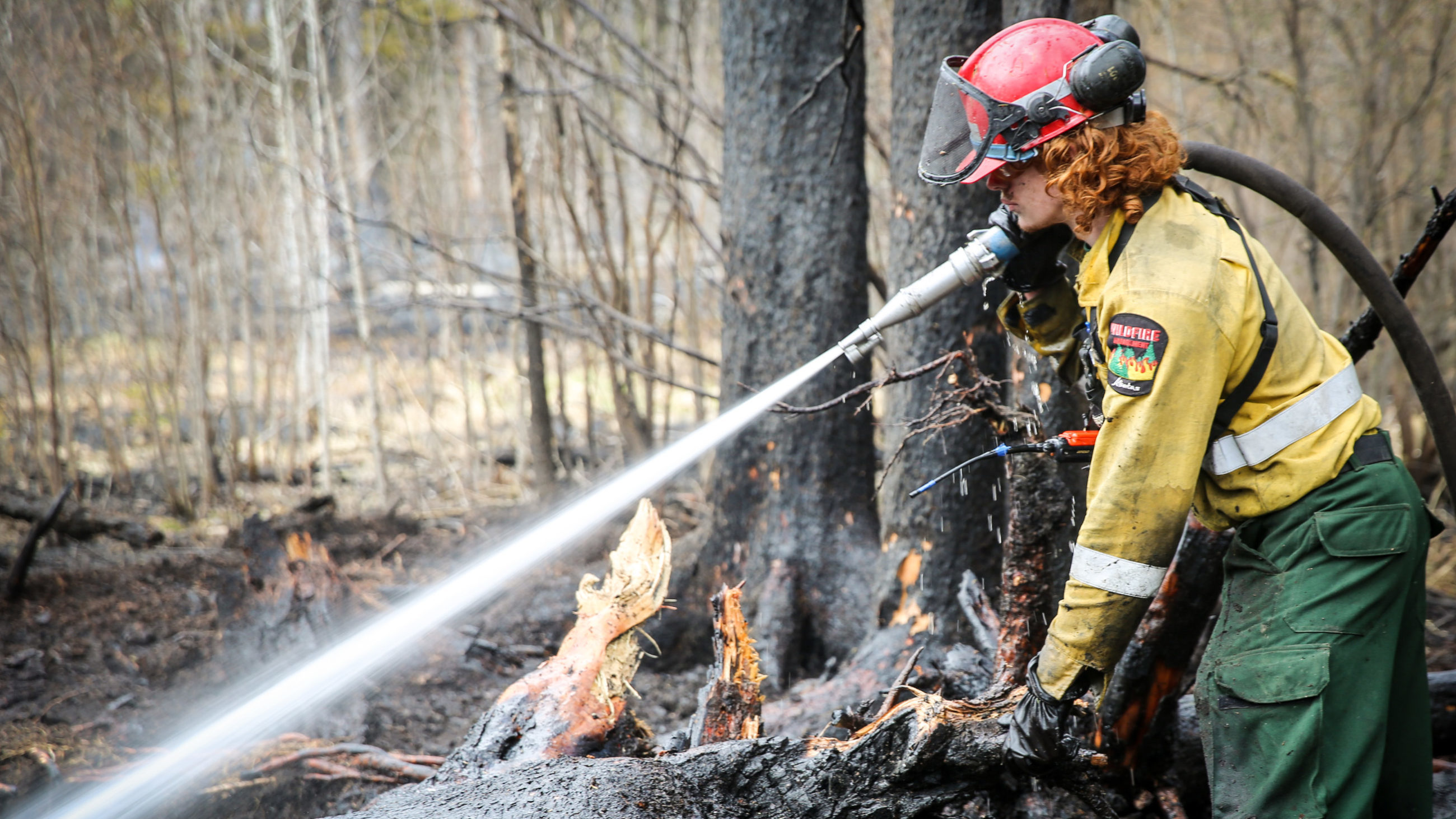Abstracts: Wildfires, Robo-Surgeons, and More
• A wildfire has taken hold in the oil sands region of Alberta, Canada, forcing tens of thousands to evacuate. (New York Times)
• Researchers managed to keep embryos alive in the lab past the implantation stage, leading to a heated ethical debate. (Science)
• Chemists developed a machine-learning program that uses “dark” data — the records of failed experiments — to find better ways to synthesize chemicals. (Nature)

Avocados on sale in Costa Rica. The country’s ban on avocado imports led to a black market. Visual by the LEAF Project/Flickr
• Costa Rica’s ban on imported avocados, designed to protect the country’s crop from a viral disease, has led to skyrocketing prices and a black market. (Tico Times)
• A 9,000-year-old skeleton found in Washington state became the subject of a conflict between Native Americans who wished to rebury the remains and scientists hoping to study them. Now, Native Americans are moving ahead with plans to rebury the bones. (NPR)
• Biologists in Greece found a way to put dragonflies to work in tracking the spread of radiation after nuclear accidents. (New Scientist)
• A chemist who worked for the state crime lab of Massachusetts used the lab’s cocaine and was frequently high on the job, throwing thousands of court cases into question. (Ars Technica)
• The Food and Drug Administration announced the first regulations for electronic cigarettes, which would include banning sales to minors. (STAT)
• Though a robotic surgeon made waves by sewing tissue better than a human expert, robots won’t be taking over in the OR for a long time. (Wired)
• And finally: The small nation of Luxembourg announced big plans to mine asteroids for minerals using satellites, hoping to exploit a loophole in the Outer Space Treaty of 1967. (Popular Science)










